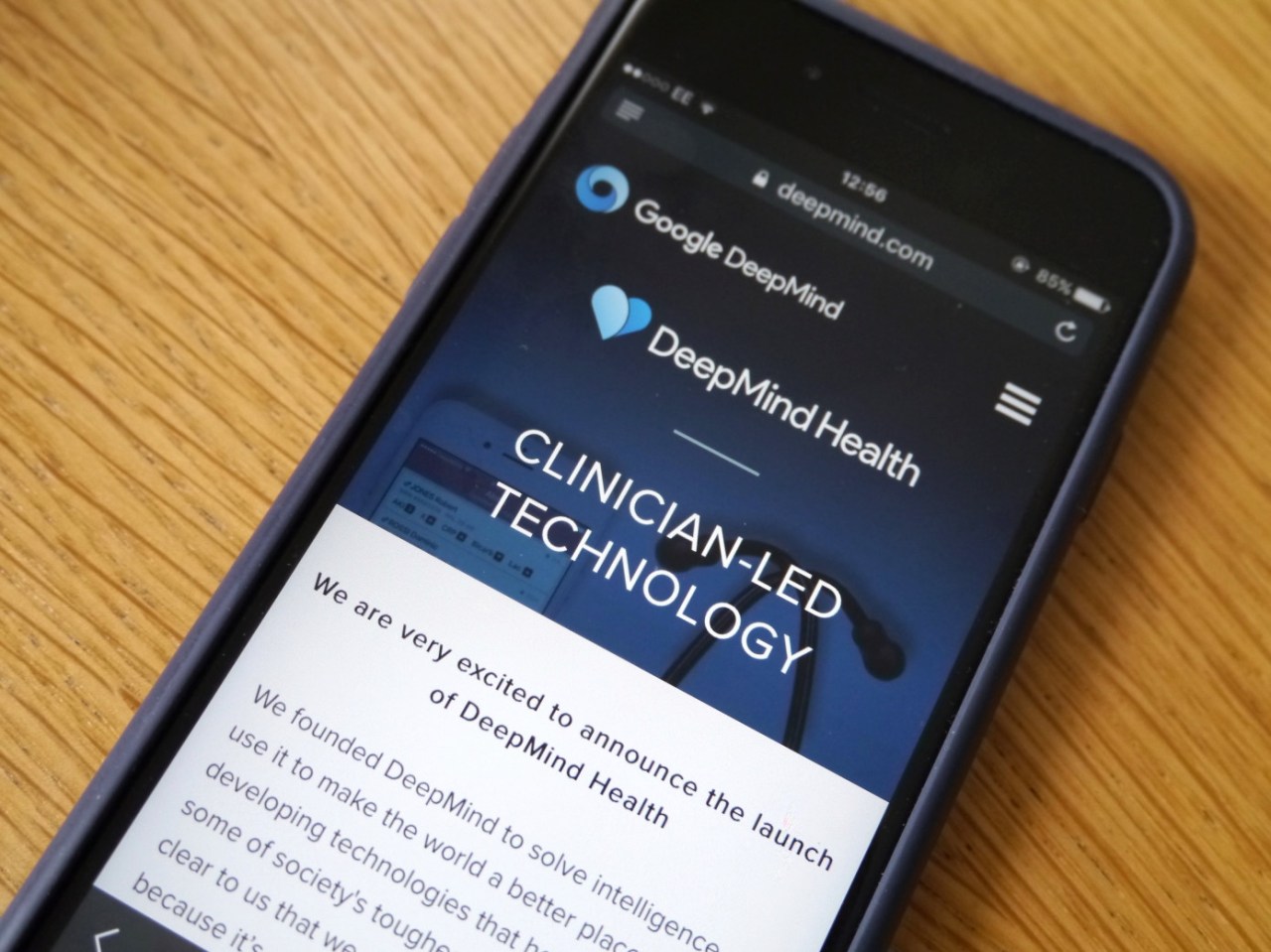In 2016, when Google’s AI division, DeepMind, partnered with the Royal Free NHS Trust, a storm was brewing in the background—one that would raise significant ethical questions about data privacy in the age of technology. Fast forward to 2022, and that storm has taken the form of a new class-action lawsuit against Google, seeking justice for the millions of patients whose confidential medical data was accessed without their consent. This post delves into the intricacies of the ongoing lawsuit, the implications it has for tech companies, and what it means for patient privacy moving forward.
The Background of the Scandal
The crux of the issue lies in a data-sharing agreement established between the Royal Free NHS Trust and DeepMind to develop an app aimed at early detection of acute kidney injuries. The Trust provided DeepMind with access to the medical records of about 1.6 million patients. Concerns erupted when it became clear that this data was shared without the explicit knowledge or consent of the patients involved. In 2017, the U.K.’s data protection watchdog found the Royal Free NHS Trust in breach of data protection laws, yet DeepMind managed to evade the same scrutiny as the app developers merely using the data provided by the Trust.
The New Class Action Lawsuit
The latest lawsuit, spearheaded by Andrew Prismall, isn’t just a routine response to an old scandal. It marks an important legal precedent in holding tech companies accountable for their handling of sensitive information. Prismall argues that Google and DeepMind have misused private health information by not adequately safeguarding patients’ data privacy. This new claim is particularly significant because it shifts the focus from a regulatory failure to a direct legal challenge against one of the world’s largest companies.
Legal Implications and the Role of Litigation Finance
With the backing of Mishcon de Reya, the law firm representing Prismall, there’s a sense of urgency to redefine boundaries concerning technology companies’ access to healthcare data. In a landscape where data privacy laws often lag behind technological advancements, this lawsuit could provide much-needed clarity on permissible practices. Interestingly, the litigation is funded through a finance agreement with Litigation Capital Management Ltd., suggesting that investors see potential value in holding tech giants accountable.
A Broader Context in Data Privacy
What’s particularly intriguing about this case is its place within a larger trend of legal actions against major tech firms in Europe. As authorities tighten data privacy laws, these lawsuits act as checks against a culture of data misuse. In the past year alone, numerous class-action lawsuits have emerged, targeting companies like Facebook’s parent, Meta, for competitive malpractice. This demonstrates an increasing willingness among consumers and legal entities to resist corporate overreach.
The Future of Data Privacy in Healthcare
The implications of this lawsuit extend beyond just Google and DeepMind; they reverberate through the healthcare system, which increasingly relies on technology for data management. With tech companies acquiring healthcare data and utilizing advanced algorithms, ensuring patients’ data privacy becomes quintessential. This case highlights the potential pitfalls of unregulated data-sharing agreements, prompting a broader discussion on establishing guidelines for future partnerships between healthcare institutions and tech firms.
Conclusion: The Path Ahead
The outcome of this lawsuit may provide crucial insights into how technology will interact with sensitive data in the future. As consumers become more aware of their data rights and regulations evolve, tech giants like Google may need to reconsider their operational strategies in healthcare settings. Whether this legal challenge leads to a definitive ruling or a quieter settlement, the focus on ethical data usage in technology will intensify. At **[fxis.ai](https://fxis.ai)**, we believe that such advancements are crucial for the future of AI, as they enable more comprehensive and effective solutions. Our team is continually exploring new methodologies to push the envelope in artificial intelligence, ensuring that our clients benefit from the latest technological innovations.
For more insights, updates, or to collaborate on AI development projects, stay connected with **[fxis.ai](https://fxis.ai)**.

